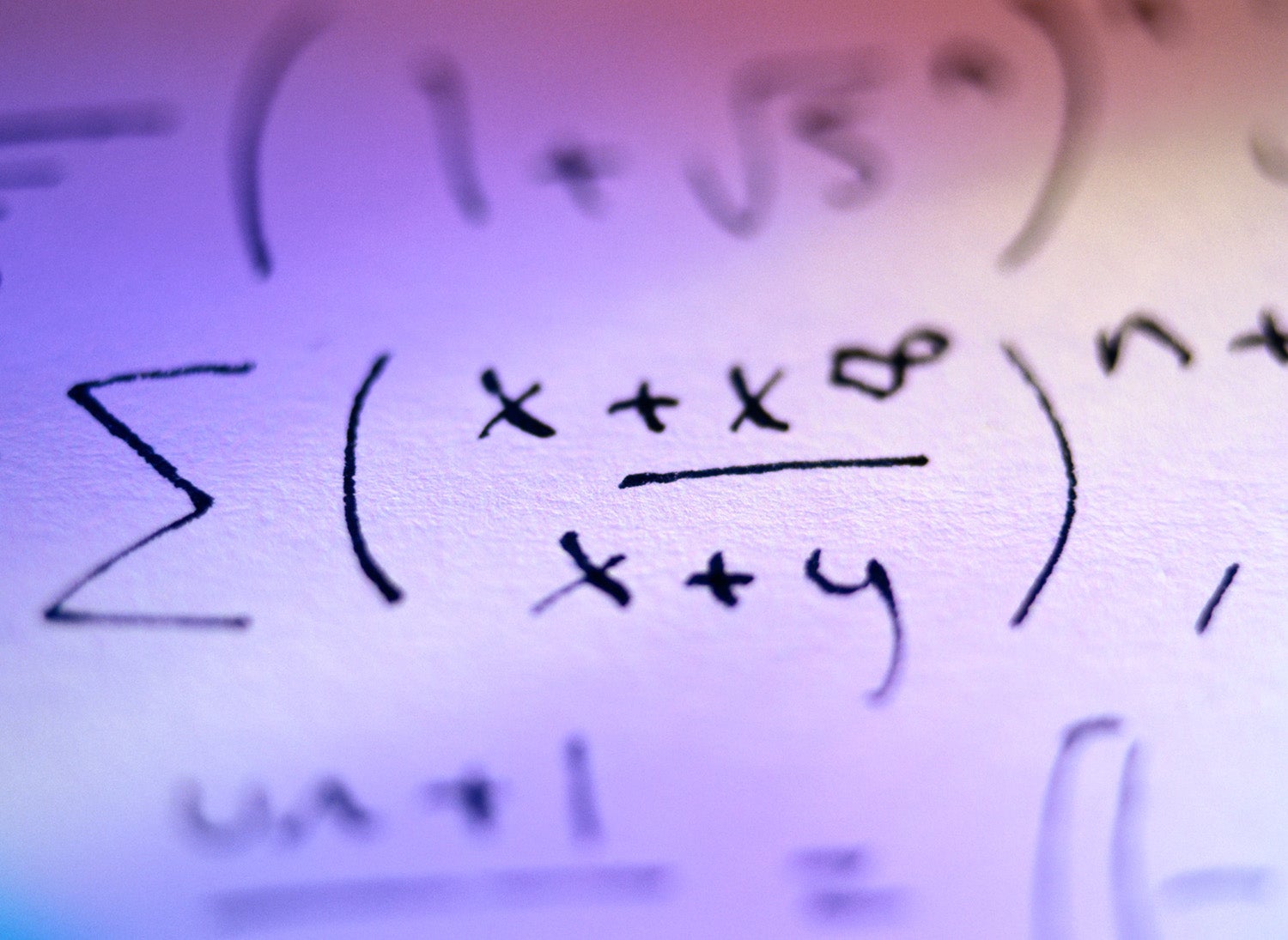Divide and conquer: why students need to harness the power of their minds
Math magician Andrew Jeffrey, who will be at the Big Bang science and engineering fair, sounds a rallying cry

Nothing is so difficult that it cannot be done.
That’s one of the things I’ll be telling students at the Big Bang: nothing is so difficult that it can’t be done, it just can’t be done yet. It sounds a bit odd when you first hear it, but the fact is that before you learnt to do any skill, you couldn’t do it. That sounds obvious, but when we look at things and say we can’t do them, it’s only because we haven’t yet learnt to do so.
Don't be afraid of things being difficult.
It’s very difficult to learn how to walk, for example – it takes us nearly a year. But learning isn’t a race, and that’s the beautiful thing about it; everyone can go at their own pace.
If someone wants to write an essay in purple ink, so be it.
To them the purple makes sense, so it should be encouraged. There is so much we don’t know about the mind but it is extraordinarily powerful. I’m going to do a demonstration at the Big Bang where I will ask 20 people to name a different object, without anything being written down, and then I will tell each of them the object they named. It’s based on a simple mind trick and I will teach everyone how to perform it.
The only way you learn is through mistakes.
Students are so afraid of making a mistake because they are only credited with correct answers. However, it’s not our mistakes that define us but how we respond to them. Some students think that a good mathematician is one with lots of ticks, or that a good learner doesn’t make mistakes. I just want to spit on that attitude. I don’t want to sound pompous but it makes me want to go and shout at as many people as possible to tell them that learning is about making enough mistakes that you know enough things that don’t work and can find one thing that does.
You need a mind set that says, let’s give it a go.
Then, if it doesn’t work, what have we learnt? Henry Ford once sat his team of engineers down and told them that he needed them to find a way to make an engine with eight cylinders. When one of his engineers turned around and told him it couldn’t be done he said, “No, you weren’t listening to me. I didn’t ask you whether it could be done. I asked you to find out how it could be done.” Now, of course, eight-cylinder engines are everywhere.
To find out more about Andrew Jeffrey, visit www.andrewjeffrey.co.uk . His book, 'Be a Wizard with Numbers', is out in 1 September through Duncan Baird Publishers
To find out more about The Big Bang, visit www.thebigbangfair.co.uk. Keep an eye out for the articles on science and engineering that we will be running over the next few weeks in the lead up to the opening day of the fair on 4 March.
Join our commenting forum
Join thought-provoking conversations, follow other Independent readers and see their replies
Comments
Bookmark popover
Removed from bookmarks